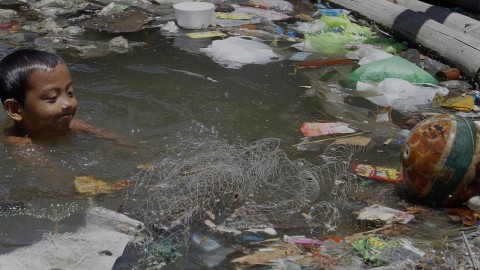Half Of World At Risk Of Mosquito-Borne Diseases
According to latest predictions by scientists, if the current trajectory of population growth and carbon emissions continues, 4.7 billion people could be affected by mosquito-borne diseases by the end of the century.
Experts believe that mosquito-borne outbreaks of diseases such as dengue and malaria, driven by global warming, are set to spread to parts of northern Europe and other regions of the world over the coming decades.
Globally, the number of dengue cases reported to the World Health Organisation (WHO) has increased ten-fold in the last two decades, from 500,000 cases in 2000 to over five million in 2019.
And in Europe, the mosquitoes that carry dengue have spread to 13 European countries since 2000, with dengue cases recorded in France, Italy and Spain in 2023.
The researchers said that, until recently, dengue was mostly confined to tropical and subtropical regions due to the fact that freezing temperatures kill the mosquito’s larvae and eggs. But rising temperatures globally mean that mosquitos are increasingly spreading to many more regions around the planet.
Rachel Lowe, a professor at the Catalan Institution for Research and Advanced Studies in Spain, said: “With climate change seeming so difficult to address, we can expect to see more cases and possibly deaths from diseases such as dengue and malaria across mainland Europe.”
The researchers said that if global warming can be limited to 1 deg C, then the population at risk of malaria and dengue could increase by an additional 2.4 billion people by 2100. But based on their research, they predict that if we remain on the current trajectory of population growth and carbon emissions, 4.7 billion could be affected by dengue and malaria by the end of the century.
Professor Lowe insisted: “Ultimately, the most effective way to reduce the risk of these diseases spreading to new areas will be to dramatically curb emissions.”
The researchers are currently developing new ways to predict when and where dengue and malaria epidemics may occur, using disease surveillance and climate change data.
The findings of this research were presented at the ESCMID Global Congress in Barcelona, Spain.


Got something to say about this? Join the discussion now!
Remember, you need to be registered to take part.
- This topic has 0 replies, 1 voice, and was last updated 1 year, 7 months ago by .











